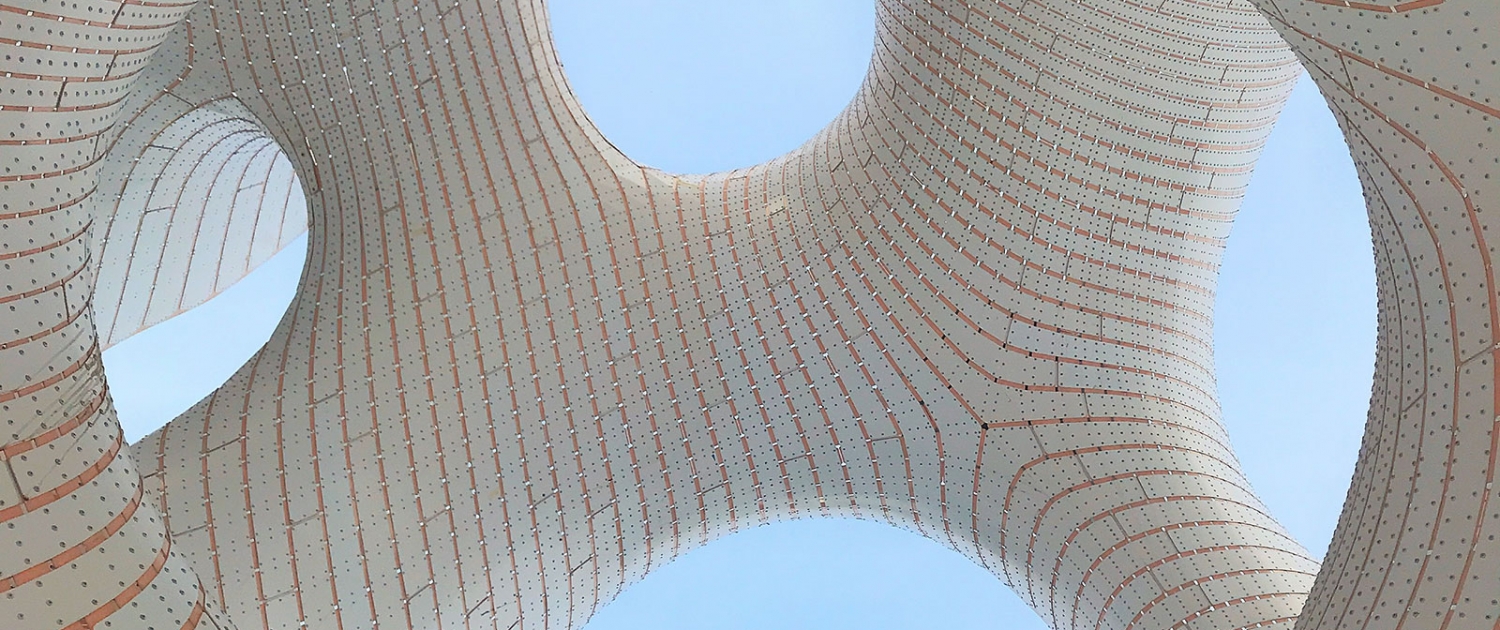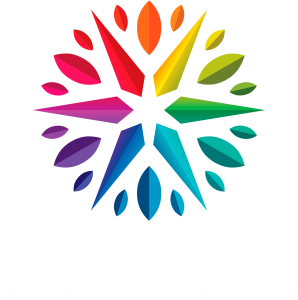Economics
Engineer Hugo Spowers and Economist Adam Lusby in conversation with The Re-Generation founder Rory Spowers at Port Eliot Festival.
Many of us today are well aware of the inherent fallacies behind a concept such as infinite economic growth on a finite planet, or the failings of an economic indicator such as GDP, which effectively measures the speed at which we are turning natural resources into waste.
Politicians may have paid lip service to new economic concepts – such as David Cameron co-opting the King of Bhutan’s notion of Gross National Happiness – but there has been considerable inertia about adopting any mechanisms which might upgrade our economic operating system from an industrial revolution version – which saw an infinite abundance of resources, disregarding all social and environmental consequences as meaningless ‘externalities’ – to a 21st century economics, that respects ecological parameters and internalises impacts to planetary and human health from industries, thereby reflecting their true ‘cost’ within their actual ‘price’.
Now popularly known as The Circular Economy and promoted by organisations such as the Ellen MacArthur Foundation, or lucidly explained in Kate Raworth’s brilliant book Doughnut Economics, many of these principles are still kept out of the mainstream.
The Re-Generation will set out to address this, exploring how organisations such as the New Economics Foundation and others have highlighted economic mechanisms which would reward companies for being regenerative and restorative, as opposed to being polluting and degenerative; how ‘service industries’ and ecological design principles such as Cradle-to-Cradle, or those developed by Gunter Pauli’s Zero Emissions Research Institute (ZERI), can overcome built-in obsolescence and eliminate waste within zero-emissions ‘industrial ecologies’.
We will also see how ‘new paradigm’ thinkers like Charles Eisenstein have envisioned a ‘gift economy’ and a ‘sacred economics’, seeking ways to reframe our economic activities and make them more compatible with our own interests as well as those of others and even the biosphere itself. The Re-Generation will also engage with leading thinkers around localisation, such as Helena Norberg-Hodge, whose organisation Local Futures has championed these causes for decades.
In an event entitled The Circular Economy and Ecological Design, Rory Spowers was in discussion with his brother Hugo Spowers, founder of the revolutionary automotive company Riversimple, along with circular economics expert Adam Lusby from Exeter University at the Port Eliot Festival launch of The Re-Generation, 26 to 28 July 2019.


